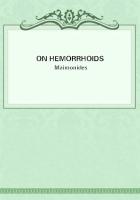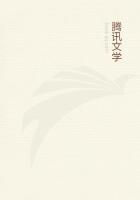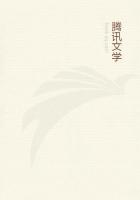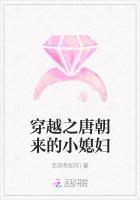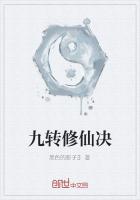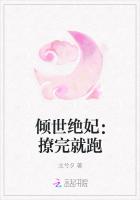But he was not a social agitator. He never set a rick on fire. "He held aloof, in a somewhat detached position, from the great social seethings of his age" (Mr Frederic Harrison). But in youth he helped to extinguish some flaming ricks. He spoke of the "many-headed beast" (the reading public) in terms borrowed from Plato. He had no higher esteem for mobs than Shakespeare or John Knox professed, while his theory of tyrants (in the case of Napoleon III. about 1852) was that of Liberals like Mr Swinburne and Victor Hugo. Though to modern enlightenment Tennyson may seem as great a Tory as Dr Johnson, yet he had spoken his word in 1852 for the ******* of France, and for securing England against the supposed designs of a usurper (now fallen). He really believed, obsolete as the faith may be, in guarding our own, both on land and sea. Perhaps no Continental or American critic has ever yet dispraised a poetical fellow-countryman merely for urging the duties of national union and national defence.
A critic, however, writes thus of Tennyson: "When our poet descends into the arena of party polemics, in such things as Riflemen, Form!
Hands all Round, . . . The Fleet, and other topical pieces dear to the Jingo soul, it is not poetry but journalism." I doubt whether the desirableness of the existence of a volunteer force and of a fleet really is within the arena of PARTY polemics. If any party thinks that we ought to have no volunteers, and that it is our duty to starve the fleet, what is that party's name? Who cries, "Down with the Fleet! Down with National Defence! Hooray for the Disintegration of the Empire!"?
Tennyson was not a party man, but he certainly would have opposed any such party. If to defend our homes and this England be "Jingoism,"Tennyson, like Shakespeare, was a Jingo. But, alas! I do not know the name of the party which opposes Tennyson, and which wishes the invader to trample down England--any invader will do for so philanthropic a purpose. Except when resisting this unnamed party, the poet seldom or never entered "the arena of party polemics."Tennyson could not have exclaimed, like Squire Western, "Hurrah for old England! Twenty thousand honest Frenchmen have landed in Kent!"He undeniably did write verses (whether poetry or journalism) tending to make readers take an unfavourable view of honest invaders. If to do that is to be a "Jingo," and if such conduct hurts the feelings of any great English party, then Tennyson was a Jingo and a partisan, and was, so far, a rhymester, like Mr Kipling. Indeed we know that Tennyson applauded Mr Kipling's The English Flag. So the worst is out, as we in England count the worst. In America and on the continent of Europe, however, a poet may be proud of his country's flag without incurring rebuke from his countrymen. Tennyson did not reckon himself a party man; he believed more in political evolution than in political revolution, with cataclysms. He was neither an Anarchist nor a Home Ruler, nor a politician so generous as to wish England to be laid defenceless at the feet of her foes.
If these sentiments deserve censure, in Tennyson, at least, they claim our tolerance. He was not born in a generation late enough to be truly Liberal. Old prejudices about "this England," old words from Henry V. and King John, haunted his memory and darkened his vision of the true proportions of things. We draw in prejudice with our mother's milk. The mother of Tennyson had not been an Agnostic or a Comtist; his father had not been a staunch true-blue anti-Englander. Thus he inherited a certain bias in favour of faith and fatherland, a bias from which he could never emancipate himself. But tout comprendre c'est tout pardonner. Had Tennyson's birth been later, we might find in him a more complete realisation of our poetic ideal--might have detected less to blame or to forgive.
With that apology we must leave the fame of Tennyson as a politician to the clement consideration of an enlightened posterity. I do not defend his narrow insularities, his Jingoism, or the appreciable percentage of faith which blushing analysis may detect in his honest doubt: these things I may regret or condemn, but we ought not to let them obscure our view of the Poet. He was led away by bad examples.

